por no presentar Evaluación del Desempeño
México/11 de abril de 2016/Despertar
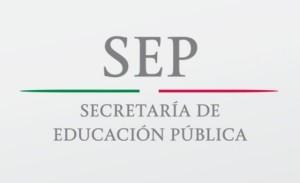
El secretario de Educación Pública invita a la CNTE en Oaxaca a caminar por la ruta de la Reforma Educativa, porque hay un gran espacio para platicar y construir conjuntamente en favor de México
Advierte que se aplicará la ley y habrá descuentos a maestros que dejen a los niños sin clases; ratifica que serán dados de baja los profesores que no se evalúen
Señala que líderes magisteriales de Oaxaca que cometan actos ilegales encontraran, como hasta ahora, una autoridad firme y fuerte
Alrededor de mil 300 maestros de Guerrero serán separados del servicio por no presentar la Evaluación del Desempeño, informó Aurelio Nuño Mayer, secretario de Educación Pública, quien por otro lado invitó a la CNTE en Oaxaca a caminar por la ruta de la Reforma Educativa, porque hay un gran espacio para platicar y de manera conjunta construir a favor de México.
En su visita a la Escuela Primaria Emperador Cuauhtémoc de la Ciudad de México, dijo que en Oaxaca se seguirá trabajando para seguir avanzando en la Reforma Educativa, luego de que se aprobó la Ley Estatal de Educación, pero advirtió que se aplicará de manera irrestricta la ley y habrá descuentos a maestros que dejen a los niños sin clases, y profesores que no se evalúen serán dados de baja, en lo que no hay marcha atrás. Abundó que líderes que cometan actos ilegales van a encontrar una autoridad firme y fuerte, como hasta ahora.
Nuño Mayer dijo que en Guerrero es positivo el balance de la evaluación, en sus dos jornadas, al alcanzarse 76 por ciento de participación, con lo que en 29 estados concluyó en proceso. Precisó que seguirán las evaluaciones extraordinarias en Michoacán, y posteriormente en Oaxaca y Chiapas.
En cuanto a la armonización de la Ley Estatal de Educación en Oaxaca, celebró que ya esté alineada con la Reforma Educativa, y comentó que en esa entidad se seguirá trabajando para que esa transformación avance.
El secretario de Educación Pública recorrió hoy la escuela primaria que visitó esta mañana y donde no hubo ceremonia de abanderamiento en cumplimiento de las disposiciones de la Comisión Ambiental de la Megalópolis, e informó que le destinarán 4.5 millones de pesos del programa Escuelas al CIEN, para rehabilitación de baños, pisos y techos; revisión de instalaciones hidráulicas y eléctricas, y cambio de los bebederos, entre otras obras de mejoramiento de la infraestructura.
Tomó protesta al Comité de Mejoramiento de la Infraestructura Educativa, conformado por padres de familia, el cual supervisará la calidad de los trabajos, y hasta que ellos no den su consentimiento por conclusión de obras, no se pagará a los constructores.
Por otro lado, el secretario de Educación Pública manifestó la necesidad de fortalecer a las escuelas normales, incluidas las rurales, por lo que se presentará un proyecto a fin de tener una ruta para aumentar la calidad de lo que se enseña en la formación de profesores
Nuño Mayer dialogó con maestros y padres de familia, a quienes planteó la necesidad de continuar en la ruta de la implementación de la Reforma Educativa, para que se arranquen los programas, y evitar que se tenga una regresión.
Por otro lado, expresó que se apoya la profesionalización de los maestros, a partir de los resultados de las evaluaciones, porque la capacitación que se tenía carecía de calidad y pertinencia.
Recordó que el 15 de abril inicia la capacitación a los maestros que tuvieron resultado Insuficiente en la Evaluación del Desempeño; precisó que habrá oferta para todos los profesores que vayan a evaluarse, así como para los que tuvieron buenos resultados, e indicó que se invertirán mil 890 millones de pesos para la formación profesional de los docentes.
El titular de Educación Pública informó que entre abril y mayo se presentarán los planes y programas de estudio, para que sean discutidos en foros a nivel nacional, a fin tener un documento final a partir del cual se prepararán los nuevos libros de texto y materiales educativos, y se capacitará a los maestros sobre ello.
Finalmente, destacó la importancia de los acuerdos que en materia educativa y científica se firmarán con Alemania, en el marco de la visita a ese país del presidente de la República.
Fuente: http://despertardeoaxaca.com/seran-separados-del-servicio-alrededor-de-mil-300-maestros-de-guerrero-por-no-presentar-evaluacion-del-desempeno-nuno-mayer/
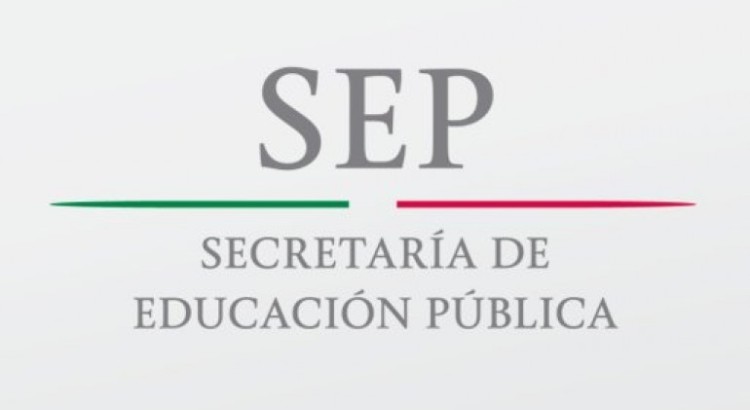
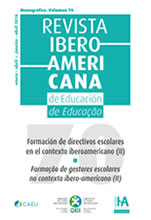
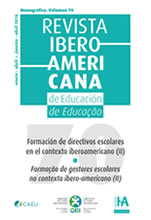

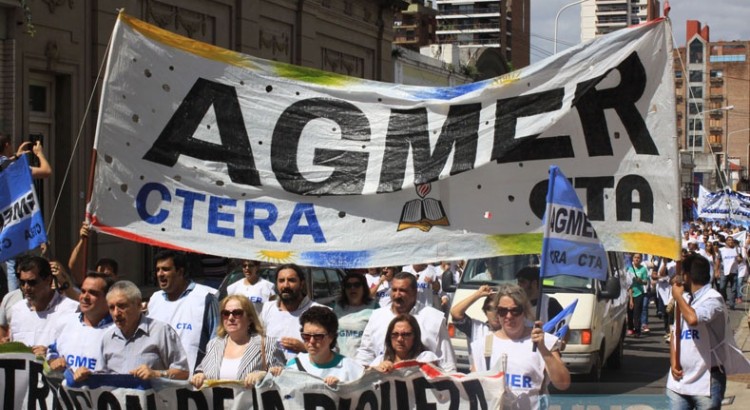
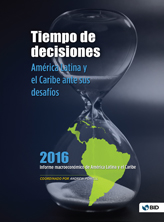
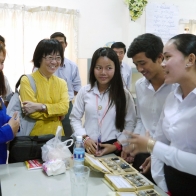
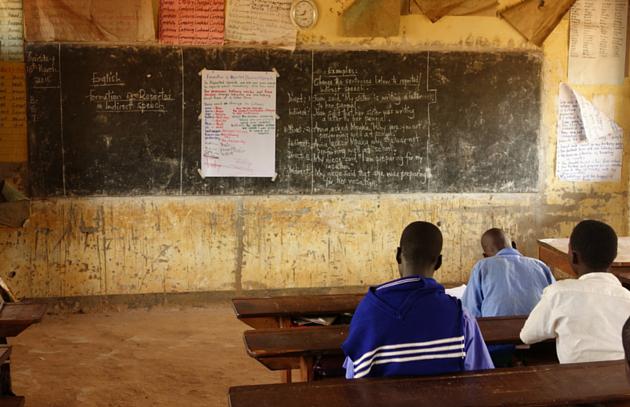






 Users Today : 112
Users Today : 112 Total Users : 35459707
Total Users : 35459707 Views Today : 199
Views Today : 199 Total views : 3418171
Total views : 3418171